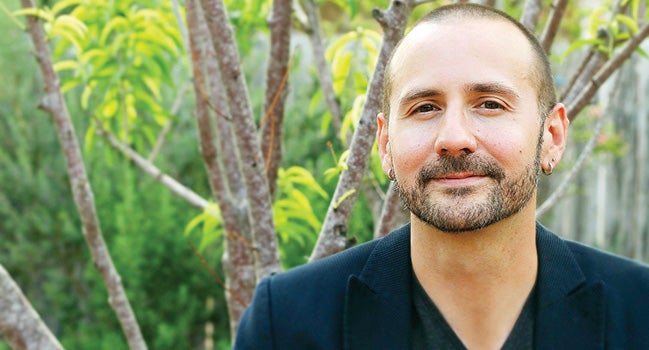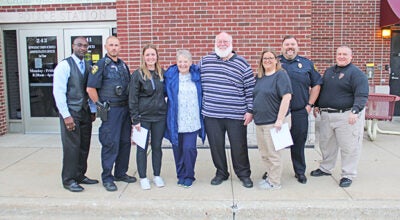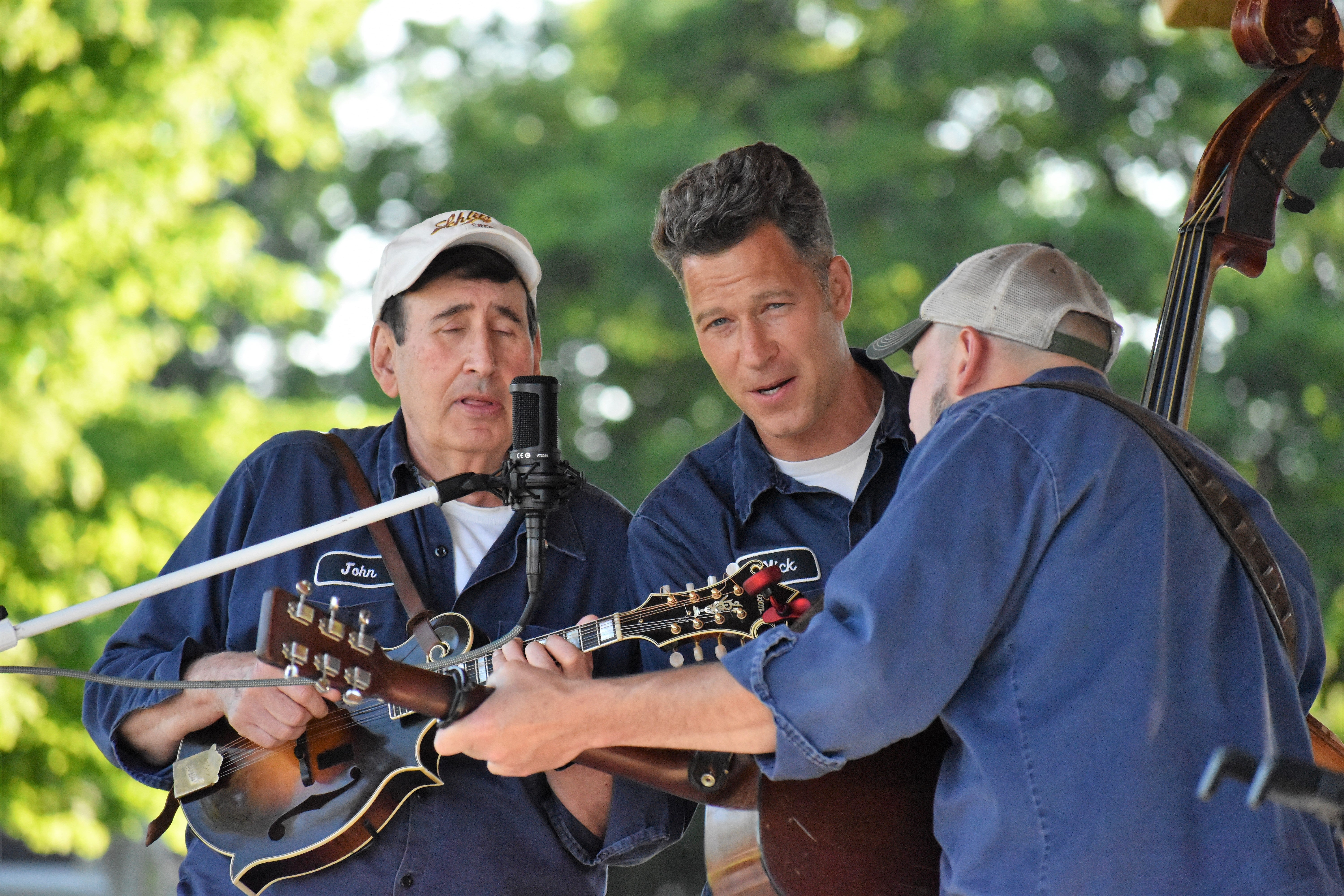Dowagiac native pens book on America’s ‘civil religion’
Published 8:00 am Tuesday, August 29, 2017

- Anthony Squiers (Submitted photo)
While it may be a cliché phrase, the men and women of America truly reside in a “melting pot” society, where people of different races, religions and values live and work alongside each other.
Despite this diversity, there are a few fundamental symbols that every U.S. citizen recognizes and, in many cases, revere: The Declaration of Independence, The Constitution and the Founding Fathers who created both seminal documents.
For the last several years, Dowagiac native Anthony Squiers has dove deep into the way that modern politicians have used these symbols to unite — and divide — the country.
Early next year, Springer Publishing will print Squiers’ findings in a book titled “The Politics of the Sacred in America: The role of civil religion in political practice.” Squiers, who currently serves as a professor with Tarrant County College in Fort Worth, Texas, said the book should be available for purchase in January or February 2018.
The book will be the third that the 1997 graduate of Dowagiac Union High School has written over the years. In 2009, Squiers wrote a novel titled “Madness and Insanity,” while in 2014 he wrote “An Introduction To The Social And Political Philosophy Of Bertolt Brecht.”
Squiers’ book serves as his thesis for his post-doctoral degree from the University of Passau in Germany. The professor began studying at the university several years ago while living in Munich, where his wife, Kana Ikeda, worked as an information technology program manager in the automobile industry, and completed the requirements for the degree earlier this year.
The inspiration for Squiers’ thesis came while he was watching news coverage of the 2012 presidential election, he said. He noticed that leaders and pundits on both side of the political spectrum frequently justified their statements on policy by referring to the what is written in the Constitution or what the Founding Fathers intended for the country nearly 250 years ago.
“I found these symbols have a kind of dual function,” Squiers said. “Politicians often use them as a way to excite people and cement their political position as the right one. From that standpoint, they are divisive. But leaders also use the same symbols to show that we are united as a people.”
Squiers believes that these symbols are part of the nation’s “civil religion,” a combination of beliefs, traditions and rituals that bind a society together, which may or may not involve spirituality. On top of the Founding Fathers and their words, the U.S. is united around belief in representative democracy, which is expressed every year through the election process.
In spite of the age of the Founding Fathers and the limitations of their message, their importance continues to hold an ever-fracturing society together, Squiers said.
“If you don’t have cohesion, society falls apart,” he said. “There is no getting around it.”
Squiers and his small team of assistants poured over thousands of pages of speeches, remarks and other statements from U.S. leaders, from the Kennedy-Nixon debates in 1960 up to the 2012 election cycle, while writing the book. He wrapped up final revisions on the project this year and submitted it to Springer, which accepted it for publishing.
The book is mainly aimed at the academic community, including graduate students who may use his work in their own projects in the future, Squiers said.
“I feel a sense of relief and accomplishment now that [the book] is finished,” he said. “However, I feel as sense of anticipation as well. You do all the production and research in order to get your ideas out there. So now I have to wait and see how they are received.”






